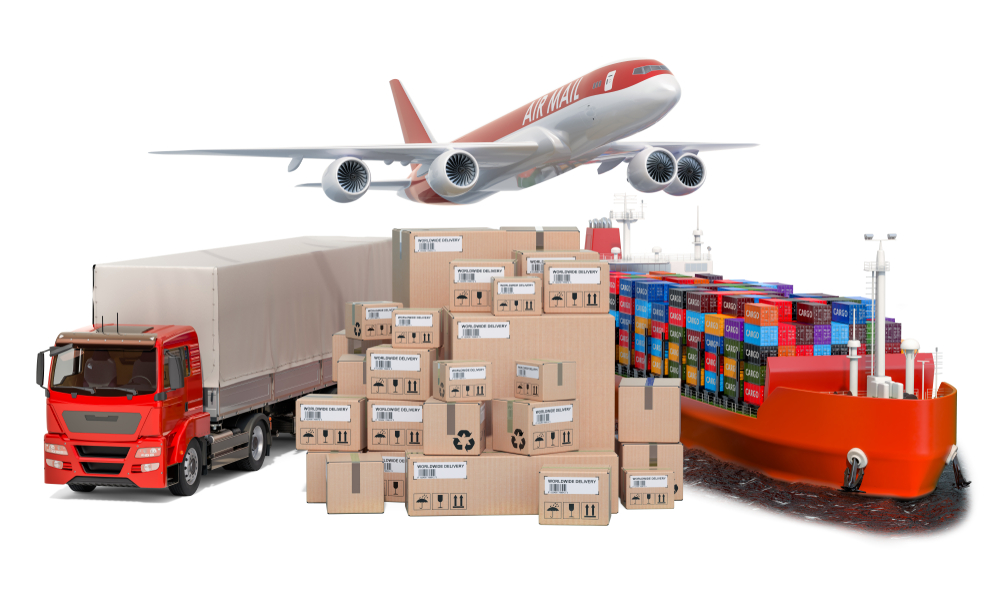Wading through the dynamics of global logistics can prove to be challenging. Nonetheless, Interfreight Logistics exists to make the process seamless for you. One of the ways we realize this is through our freight forwarding services. Read on to understand the meaning of freight forwarding, its benefits, and how it works.
What is Freight Forwarding?
Freight forwarding is the rational planning and coordination of international cargo transportation by road, rail, sea or air. Accordingly, a freight forwarder is a company that organizes the commercial transportation of goods, serving as an intermediary between companies and export or import goods and the businesses that need these goods. The freight forwarding company plans different steps of the shipment on behalf of their client.

The Role of the Freight Forwarder
In as much as each project will differ, freight forwarders can carry out a combination of different tasks. These include but are not limited to; selecting the most appropriate transportation routes, providing counsel on stowage, loading, labelling, and packaging, choosing the best carriers, customs brokerage, tracking shipments, optimizing costs at different stages of the shipping journey, supplying cargo insurance, and cargo space scheduling.
How Freight Forwarding Works?
First, the supplier and the importer have to agree on the terms of trade, or the Incoterms. These are internationally-recognized rules that clearly state what each party is responsible for.
The step is export haulage. This step involves movement of products from the supplier’s location to the subsequent part of the supply chain, which could be an airport, or seaport. Prior to haulage, the freight forwarding company conducts origin handling, to ensure that the products are correct and that they have not been damaged.
Step three involves exports customs clearance. The freight forwarding company can be charged with the responsibility of overseeing the relevant paperwork between the importer and the supplier, ensuring that all the carrier requirements and legal issues are met.
The fourth step is import customs clearance. Following the arrival of cargo in the destination country, the paperwork is re-checked to ensure that it meets the necessary custom requirements. At Interfreight Logistics, we prepare this information in advance to reduce any holdups.
The fifth step is destination arrival and handling. Subsequent to the cargo being approved for release into the destination country, the freight forwarding company organizes onward transit. This can be to a retail store, or the customer’s warehousing facility. Interfreight Logistics provides door to door freight forwarding, meaning that we can deliver to the customer’s desired location. Interferight Logistics also provide 3PL services, meaning that the cargo can also be transported to a warehouse managed by us.
Conclusion
Why should you use a freight forwarder? Using a freight forwarder helps you reduce costs, improve efficiency, enjoy easier and quicker customs clearance, and reduce your administrative workload. In a world where supply chain logistics can be a complex endeavor, engage a freight forwarding company that will simplify your journey. Discover here how Interfreight Logistics can transform your freight forwarding experiences into a hassle-free journey.


